After 6 weeks of working like a nutcase at a summer camp teaching kids to code/build controllers, I was pretty spent. I packed up my things and made my way down to Manhattan. But this wasn’t the end of my US adventure, rather the beginning of something else…
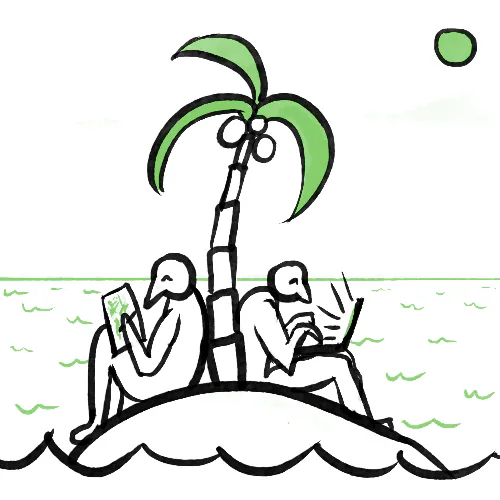
What is a Holidev?
I can’t remember for the life of me who I learnt/where I heard the quote from, but “An invaluable souvenir to take away from a holiday is a skill”.
Try taking a holiday where instead of lazing by a pool and melting off layers of skin, use the time in a new location to work on something exciting with local artists, developers, you name it.
In the UK, I often attend a variety of developer events and game jams in my local region, but the question popped into my head whilst on holiday a year or so back - why not try a similar thing whilst abroad?
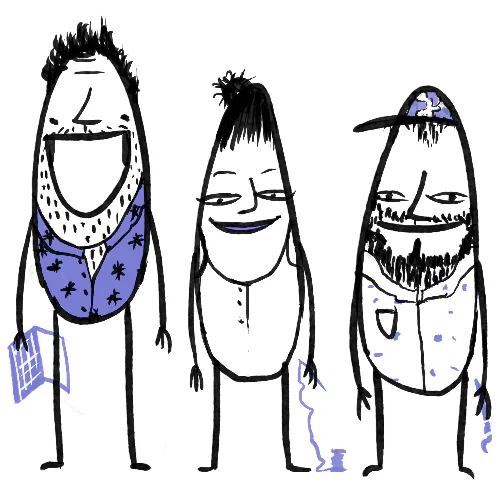
The first game that I co-developed internationally was CHIGUN, a game built with Tyler Giordano that you could read about here. This year, I had a similar opportunity come up - After finishing up my summer job, I travelled up to Boston for 2 weeks to work with Tyler again, but this time we also had another team member on board; Alex Borovski, another fine artist who specialised in costumes and textiles. We worked for approximately 10 days on a digital/physical boxing game called Space Ragers, where cosmic puppets pummel each other and use sensors on their faces to cause on screen damage. I’ve documented our experience below and some suggestions for you!
Things to Consider:
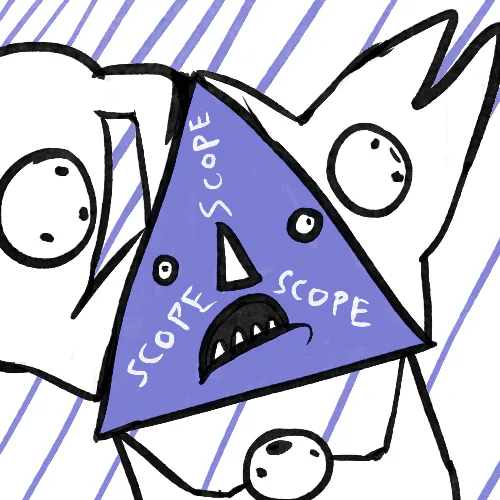
Keep the Scope Realistic
We had two weeks to get something built then find somewhere to show it. We wanted not only a digital game, but also a physical controller to compliment gameplay. I’d discussed with Tyler what we were going to build before visiting, but after a day of pondering with all of us, we settled on a project with a smaller scope. A good Rule of Thumb - if you think you’ll run out of things to do for a project, that’s usually an indicator that it’s the right size project (As there’s always more work than what you think). This was the right decision for this case as we ran very close to the deadline and still had features we wanted to add.
The project we settled for was an intergalactic puppet fight where two aliens are settling the dispute of a spacewreck through boxing.
Going for a physical installation meant that a lot of the gameplay would be made by the players themselves improvising, meaning we just needed to make the complimenting scoring system.
Alex was responsible for designing, building and painting the puppets, Tyler produced the in game visuals for the project whilst I did the game programming. Each of the puppets was to be fitted with a makey makey.
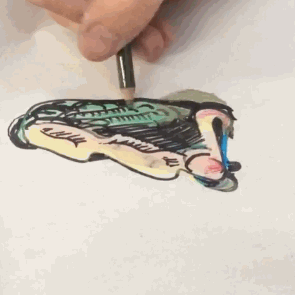
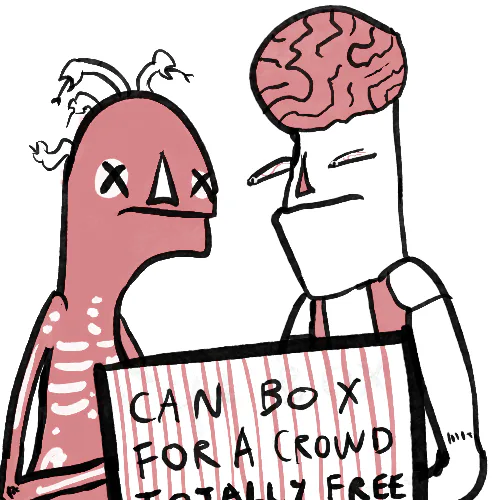
Look for Places to Exhibit Before Starting
When planning the project, we made the mistake of not booking/organising a venue before we began. This meant we didn’t have time to advertise what we’d done and found ourselves with a finished product but out of time. Thankfully we at least got to show it to Eric Rosenbaum (Makey Makey Co-Inventor), which was one of the things we’d talked about doing. Get in touch with local developer communities and ask about places to host, talk to local Universities or comic book stores as potential venues. This gives you a deadline that’s before the end of the holiday and an awesome finale for your project.
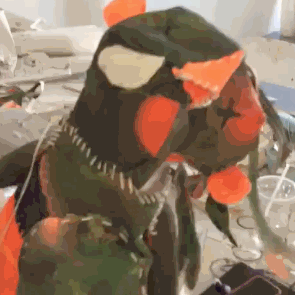
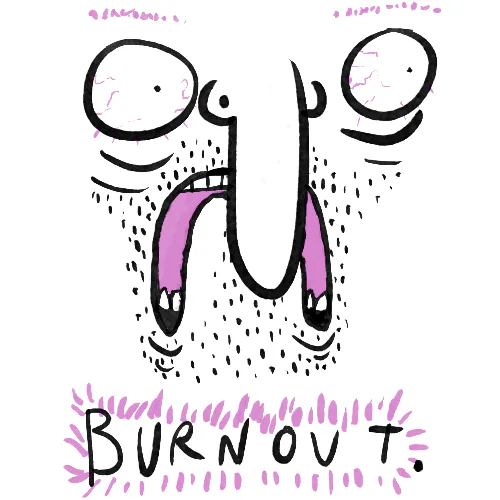
Remember you are on Holiday
It’s super easy to forget, but knowing that you’re on holiday can save you from burnout - at the week mark we all simultaneously broke cognitively, so we spent 3-4 days of paddling in lakes, visiting the beach, sitting in hammocks in the middle of the city park and of course, sleep. Lots of sleep. SLEEEEEEEEEEEP. The place we worked closed at 11pm, which was a godsend: It gave us time away from work to think and unpick the problems we were having with our projects, not to mention do something different and gain inspiration from our surroundings.
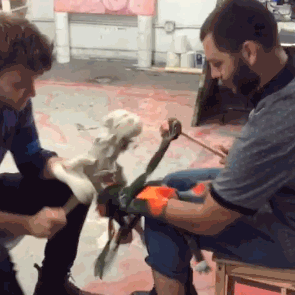
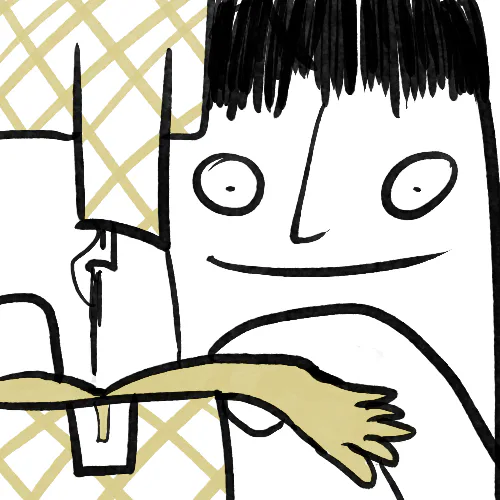
Try Working with People Outside of Games
Whilst this one sounds a little dodgy, the benefit from working with Alex and Tyler was that their knowledge of games was a clean slate and therefore what we built was something fresh.
We shared the knowledge of our subject areas but also explored together new fields of combining electrics with sewn materials and the process of building a polished physical installation which was something that might not have been possible with developers in the traditional sense. Keep in mind though for this method having yourself or one of your co-workers know how to code is thoroughly useful.
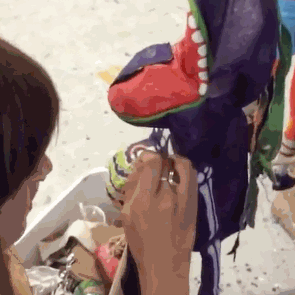

Crashing at Other Developer’s Houses
Staying with the people you’re working with is great as it gives you time when you’re not working to get to hang out, not to mention how much cheaper you’re able to live (Place to cook food, local knowledge, avoiding insane hotel prices). Having said that…
DISCLAIMER: Me and Tyler already knew one another having worked on a variety of different projects in the past, so we knew each other well. Asking developers outright or asking a developer you don’t know well/haven’t met face to face for a place to stay is something that needs a little bit of caution and following that, careful planning. Having a backup plan in case things don’t work out is a good strategy.
It’s also worth keeping in mind that whilst you’re on vacation, your hosts will likely have real-world dedications they have to prioritise. Try to be as flexible to their schedule and abide by Wheaton’s Law.
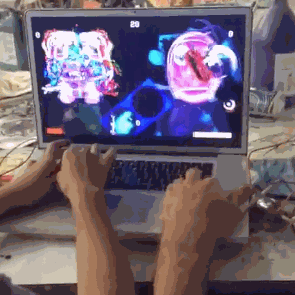
International Reach
One of the neat side effects of working with someone from another country is it makes it easier to get your work to more events! I’m able to submit and attend on behalf of us in Europe, whilst Alex and Tyler are able to in the US. With us we have the physical component that is reasonably critical to the games functionality, but the majority of games could be emailed and taken to a variety of events on either side of the world.
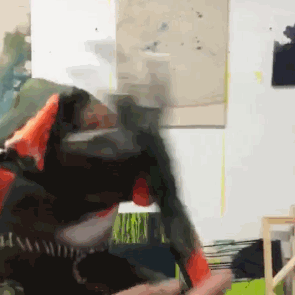
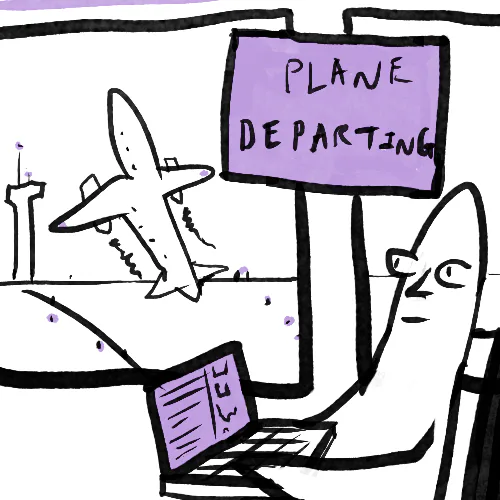
Pre-Booked Travel Plans Make a Great Deadline!
Finding a date to finish on is often quite difficult in games development, but in the case of a holiday, returning flights/transport tends to be enough of a financial incentive to not let the project overrun!
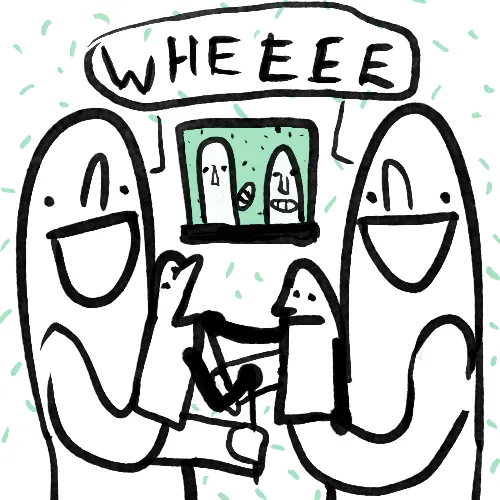
Outcome of Development
From less than two weeks of effort, we created two fully interactive puppets with decoration and visually eye melting scoring system. We managed to win exhibiting space at EGX 2015 in the Leftfield Collection and with any luck, we’ll be taking it on to more events (Assuming the puppets survive!) We didn’t particularly approach the project with an intention to sell anything, just to make something enjoyable with our combined skills and have a bunch of fun. It’s also crazy to think me and Tyler’s last project took 2 months to finish whilst this was completed in a fraction of that time.
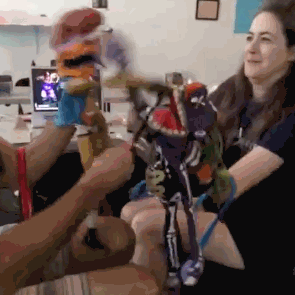
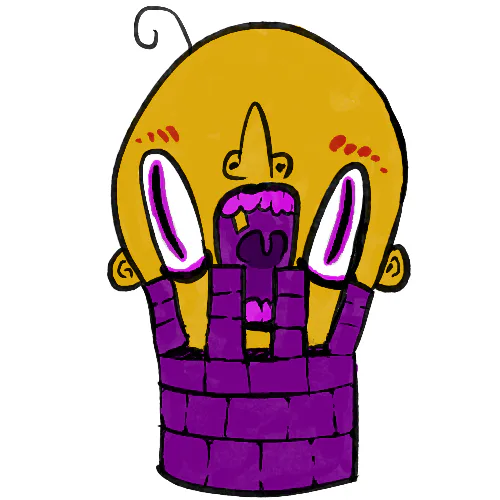
Local Meetups Abroad - Networking without the Work
If this sounds like a lot of hard work for what’s meant to be time away from games, something you can do which doesn’t require as much effort is find the local meetups when you go abroad. One of the wonderful things about the Internet is it’s possible to be in touch with others from around the planet. Whether you knew or not, you’ve probably stayed in the same city as other developers and artists that you are friends with online. When I arrived in New York for the first time, I started looking online for developer meetups. I found the community Babycastles, a group who were doing some pretty exciting stuff out in Brooklyn (They’ve moved to Manhattan).
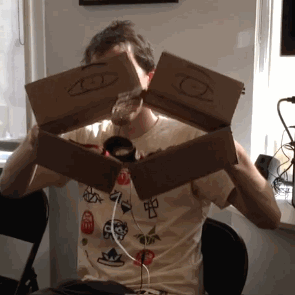
It took some perseverance and a couple of years of coming/going to NY but I finally had chance this year to visit. I had a blast making custom controllers and eventually returned to run a controller workshop there before flying home. If you’re visiting a new country, meeting local developers means you’ll get a rough idea of what it takes to survive specifically as a developer in the area. It’s also a nice thought knowing that despite cultural or language differences, there’s a common interest we share.
I hope you enjoyed the article and as always, if you have any questions, let me know @alexvscoding ![]() !
!
Thanks go out to Will Bedford who was able to produce us some fantastic music at very short notice for the project.
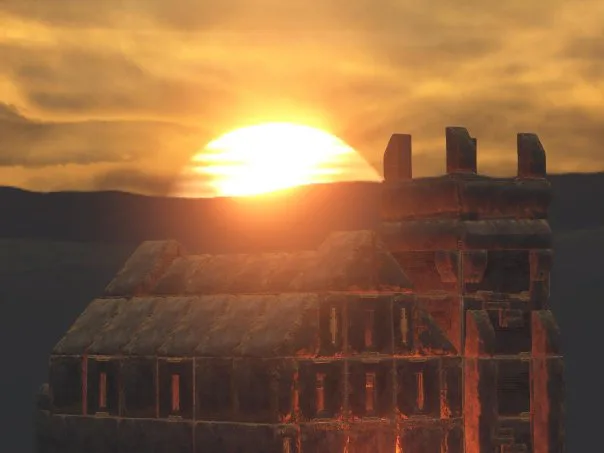

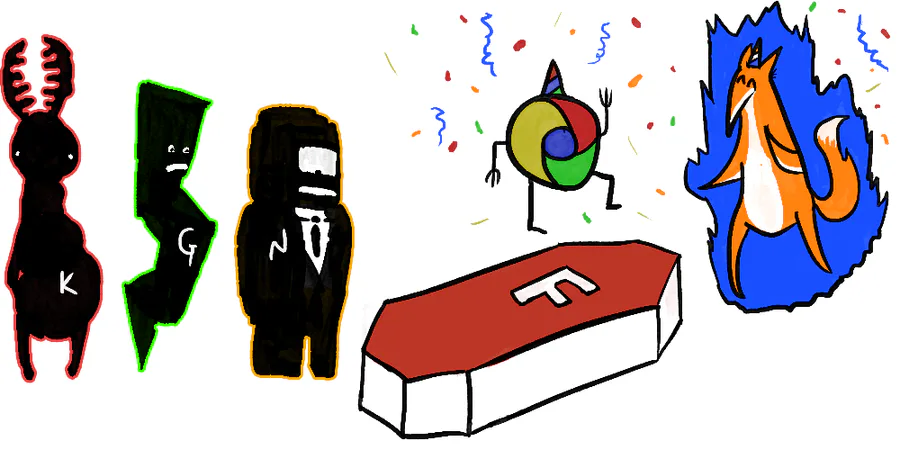
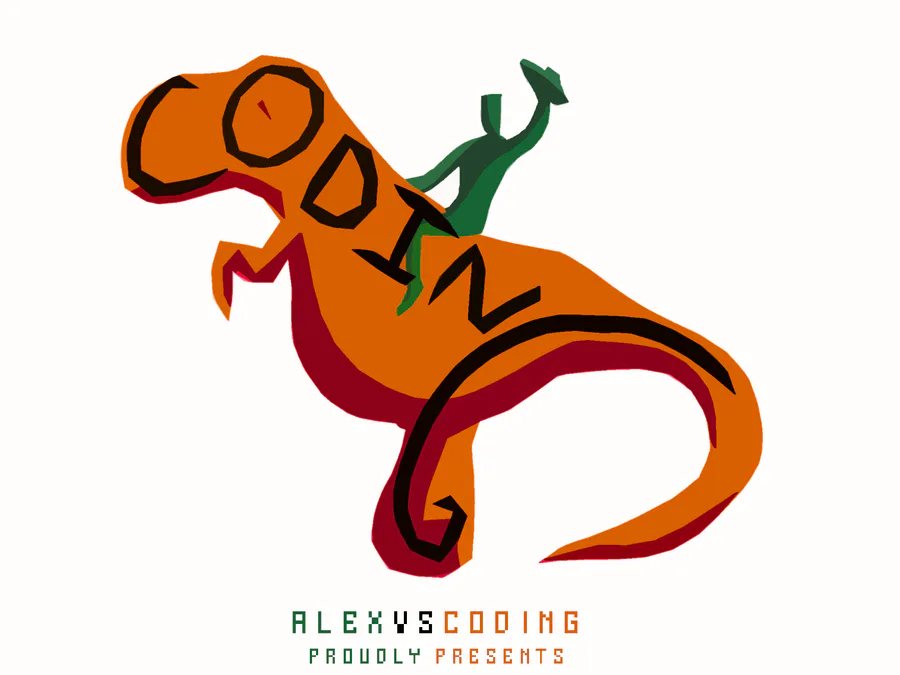
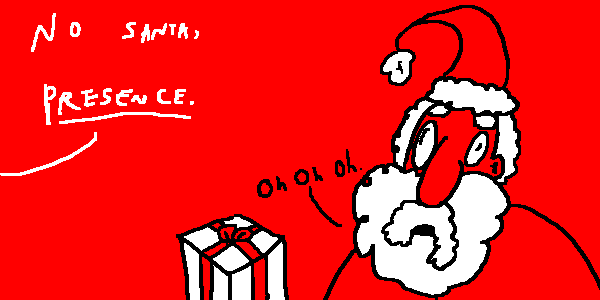
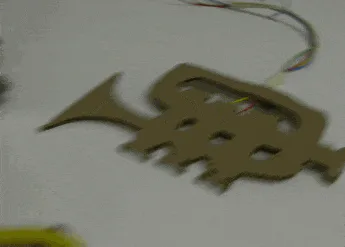
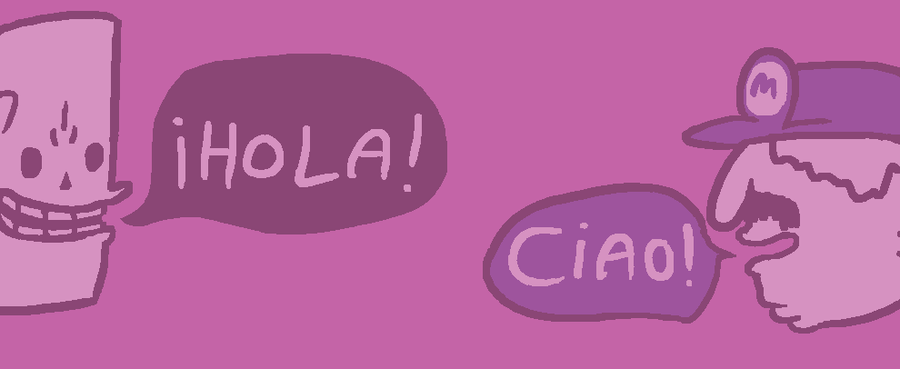
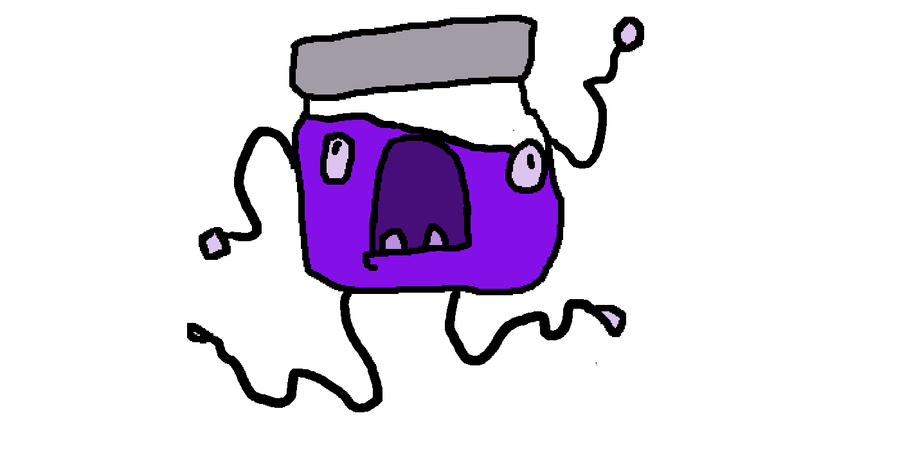


0 comments